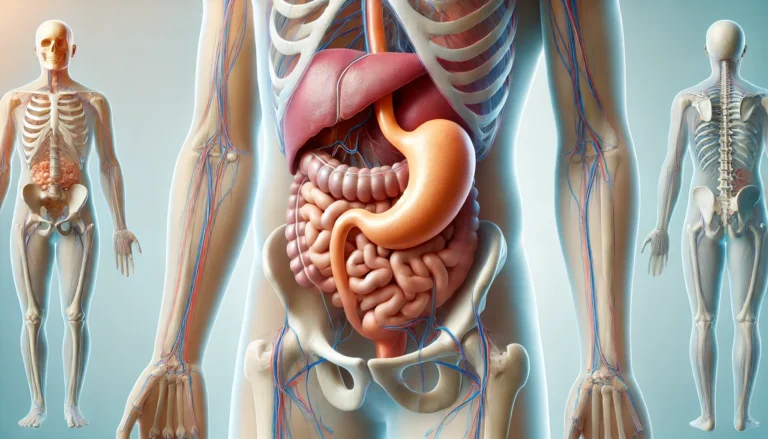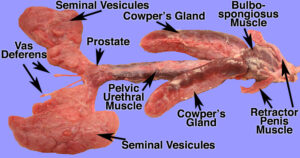Welcome to a world where numbers and policies come together to shape the health services we rely on every day. Health economics and policy are fields that explore how resources are allocated within healthcare systems. James Henderson, a prominent figure in this field, has contributed significantly to our understanding of these concepts. This article aims to simplify his work and help you grasp the essentials of health economics and policy. Whether you’re a student, a professional, or just curious about how healthcare works, you’ll find this explanation easy to follow.
What is Health Economics?
Health economics is a branch of economics that focuses on how resources are used in healthcare. It looks at how to make the best use of limited resources to improve health outcomes. Imagine you have a jar of cookies, and you need to decide how many cookies each friend gets. You want to make sure everyone gets enough, but you also want to make sure the cookies last. Health economics works in a similar way but with things like money and medical services instead of cookies.
James Henderson’s work in health economics often revolves around understanding these trade-offs. For example, if a country has a limited budget for healthcare, how should it spend that money to ensure the greatest benefit for its citizens? These are the types of questions health economics seeks to answer.
The Role of Policy in Healthcare
Healthcare policy is about creating rules and guidelines that affect how health services are delivered and financed. Policies can impact everything from how much a doctor gets paid to how much you pay for medicine. Imagine rules in a game that decide how players can win. In healthcare, policies are like these rules but for making sure people get the care they need.
James Henderson has studied how different policies can influence health outcomes. For example, if a government decides to fund preventive care, it might help people avoid serious illnesses in the future. Henderson’s work helps us understand which policies are most effective and why they matter.
James Henderson’s Contributions
James Henderson is a well-respected expert in the field of health economics and policy. His research often focuses on how economic principles can be applied to improve healthcare systems. Henderson has explored topics like the cost-effectiveness of different treatments and how policy decisions affect public health.
One of Henderson’s significant contributions is his analysis of how healthcare spending impacts health outcomes. For instance, he might look at whether spending more money on certain types of treatments leads to better overall health for a population. His findings help policymakers make informed decisions about where to allocate resources.
The Importance of Cost-Effectiveness Analysis
A key part of health economics is cost-effectiveness analysis. This is a method used to compare the costs and benefits of different healthcare interventions. Imagine you have to choose between two toys for your birthday: one is more expensive but lasts longer, and the other is cheaper but breaks quickly. Cost-effectiveness analysis helps decide which option provides the most value for the money.
James Henderson’s work often involves evaluating the cost-effectiveness of various healthcare strategies. By comparing the costs of different treatments with their outcomes, Henderson helps determine which interventions offer the best value. This information is crucial for making informed policy decisions.
How Policies Affect Healthcare Access
Healthcare policies have a direct impact on how easily people can access medical services. Policies can determine things like who gets health insurance and how much it costs. For example, a policy that provides free vaccinations for children can increase vaccination rates and protect public health.
Henderson’s research looks at how different policies can either improve or hinder access to care. By examining the effects of policies on various populations, he provides valuable insights into how to design policies that ensure everyone has access to the healthcare they need.
The Impact of Economic Principles on Healthcare Systems
Economic principles play a significant role in shaping healthcare systems. For instance, the concept of supply and demand is crucial in understanding how healthcare resources are allocated. If there are more patients needing care than there are doctors available, the cost of services may increase, and access might become more limited.
James Henderson uses economic principles to analyze how healthcare systems can be optimized. His work helps identify ways to balance supply and demand, improve efficiency, and ensure that resources are used effectively. By applying these principles, policymakers can create systems that better meet the needs of the population.
Challenges in Health Economics and Policy
Health economics and policy are complex fields with many challenges. One major challenge is dealing with limited resources. There is always a finite amount of money available, and deciding how to distribute it effectively can be difficult. Additionally, healthcare systems are often influenced by many factors, including political, social, and economic conditions.
James Henderson’s research addresses some of these challenges by providing evidence-based recommendations for policymakers. His work helps to navigate the complexities of healthcare systems and make informed decisions that improve health outcomes and efficiency.
Case Studies in Health Economics
To understand how health economics and policy work in practice, it can be helpful to look at real-world examples. James Henderson often uses case studies to illustrate his findings. For example, he might analyze a country’s healthcare system before and after a major policy change to see how it affected health outcomes and costs.
These case studies provide valuable insights into how different approaches can lead to different results. They help policymakers learn from past experiences and apply those lessons to future decisions.
The Future of Health Economics and Policy
The field of health economics and policy is continually evolving. As new technologies and treatments become available, the way we think about and manage healthcare also changes. James Henderson’s work is at the forefront of these developments, providing insights into how emerging trends can impact health systems.
Looking ahead, health economics and policy will likely continue to focus on improving efficiency and access to care. Advances in data analysis and technology will provide new tools for understanding and addressing healthcare challenges. Henderson’s research will remain an important resource for guiding these efforts.
Conclusion
Understanding health economics and policy is crucial for making informed decisions about healthcare. Through the work of experts like James Henderson, we gain valuable insights into how economic principles can be applied to improve health outcomes and create effective policies. Whether you’re interested in how healthcare resources are allocated or how policies impact access to care, the field of health economics offers a wealth of knowledge to explore.
By breaking down complex concepts into simple terms, we hope this article has made the world of health economics and policy a little clearer. Remember, the decisions made in these fields have a direct impact on our lives, so understanding them can help us make better choices and advocate for more effective healthcare systems.













